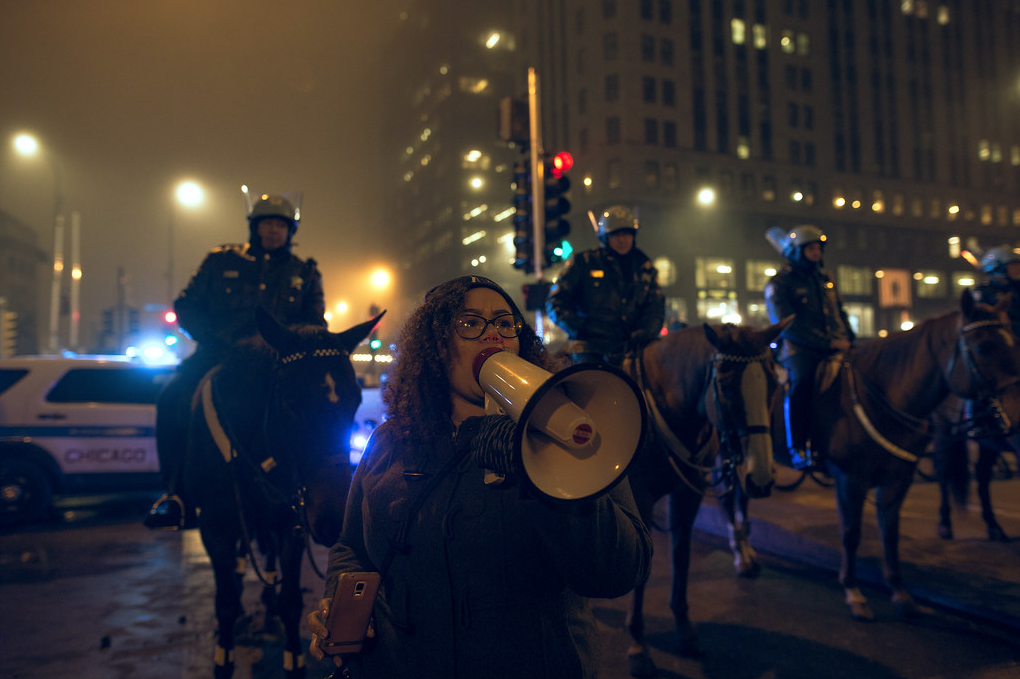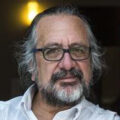When Donald Trump surprised pollsters and analysts by winning the 2016 election, South African comedian Trevor Noah said the United States finally had an African president and I would add a Latin American one too. Trump lives up to former Ecuadorian President Abdullah Bucaram in his vulgarity and machismo. While Bucaram claimed that his rivals had watery semen, Trump bragged about grabbing any woman he wanted. Like Latin American politicians who don’t separate the office of president from their business, the New York Times reported how Trump’s hotel and club businesses benefited during his presidency. Similar to other populists who deny the possibility that people will not vote for them, Trump has said that if he loses it will be by fraud and has not committed to accepting the election results.
What happened to American democracy? How did it get to the point where a president and about half the population would seem willing to ignore the elections results if they don’t win? Unlike when the Democratic and Republican parties competed for the average voter and had similar proposals, these parties have become polarized. The culture wars marked two camps that now have different lifestyles.
The Republicans are majoritarian white, Christian, anti-sate intervetionist party that seeks to reverse policies of cultural recognition
The Democrats are more secular and progressive, including feminists, non-white groups, and LGBT communities. The Republicans are majoritarian white, Christian, anti-sate intervetionist party that seeks to reverse policies of cultural recognition for non-whites, women, lesbians, and gays.
Primary elections that sought to democratize political parties have allowed radicalized groups to manage their agendas. While right-wing activists took over the Republican party, Democratic party elites contained left-wing groups. The parties acted with the logic of social movements. The left politicized socioeconomic differences between 99 percent and 1 percent. The right rebelled against changes in racial, generational, and gender power, seeking to return to a mythical past in which women, non-whites, and homosexuals were in place.
When Trump announced his candidacy by stating that Mexicans are criminals, the ground was prepared for a politician who would give voice to xenophobic, racist sectors and those who sought to impose their faith over all of society. Trump was the spearhead of a movement of whites who felt crushed by “political correctness”. They found Trump’s words liberating. Christian fundamentalists and Catholics supported him as he promised to put in place conservative judges to end abortion rights, gay marriage, and state meddling in health policy.
After four years, Trump has maintained the support of conservative groups, the fundamentalist churches are mobilizing the faithful in his favor, and he has resurrected anti-communism and fear of change. His big advantage is that his followers will go out and vote and probably support him if he says there was electoral fraud. The Democrats are benefiting from Trump’s inability to control Covid, the economic crisis, and polarization fatigue. However, it is less certain that Democrats will go out and vote, mainly because many Bernie Sanders supporters do not feel represented by Joe Biden nor Kamala Harris.
Populism is legitimized at the ballot box, when elections do not decide populisms mutate into dictatorships.
Populism is legitimized at the ballot box, when elections do not decide populisms mutate into dictatorships. 2020 could be the year of the pandemic, of the strongest economic crisis since the 1930s and the year in which American democracy died. Or, alternatively, the year in which democracy survived despite all adversities.
Trump is more a symptom of a political system and a society in need of reform than its cause. The United States is a deeply unequal country, where police kill ethnic minorities with impunity and where the bonds of solidarity among citizens have been cut. It is a polarized society in which politics cannot be discussed at family gatherings and in which wearing a mask in an epidemic is a political act. If Trump is unmindful of Biden’s triumph, he could be inviting confrontations in the streets and for the military to decide who is the future president, as happened in so many so-called third world countries where the armed forces are still the arbiters of democracy.
*Translation from Spanish by Emmanuel Guerisoli
Photo by Alek S. at Foter.com / CC BY













